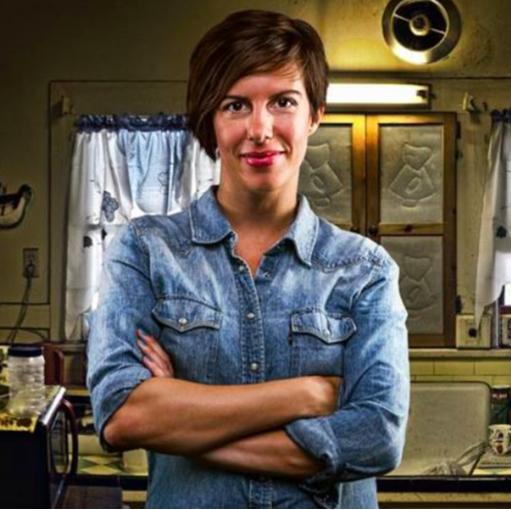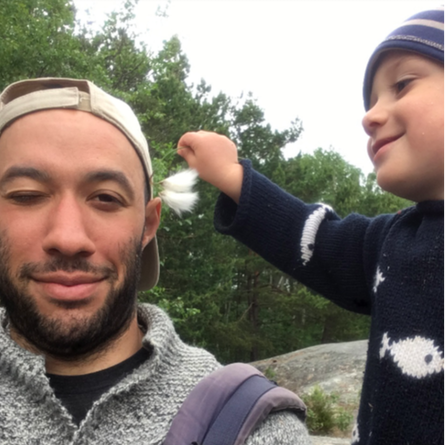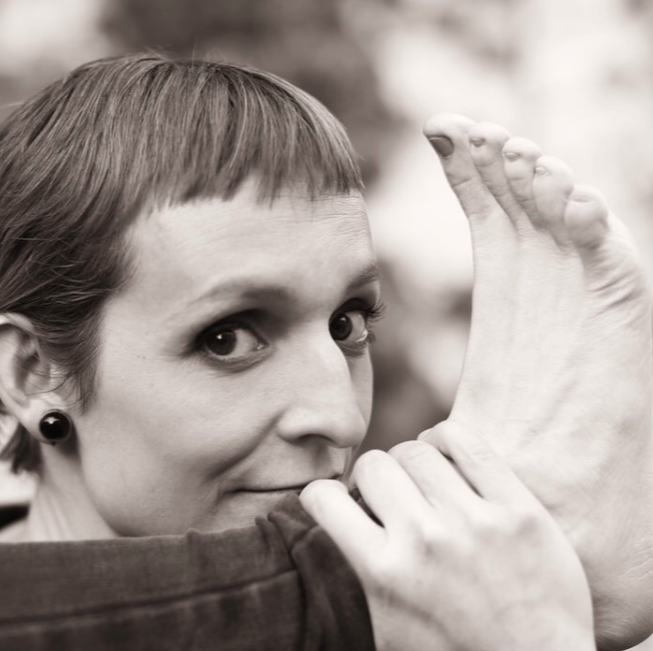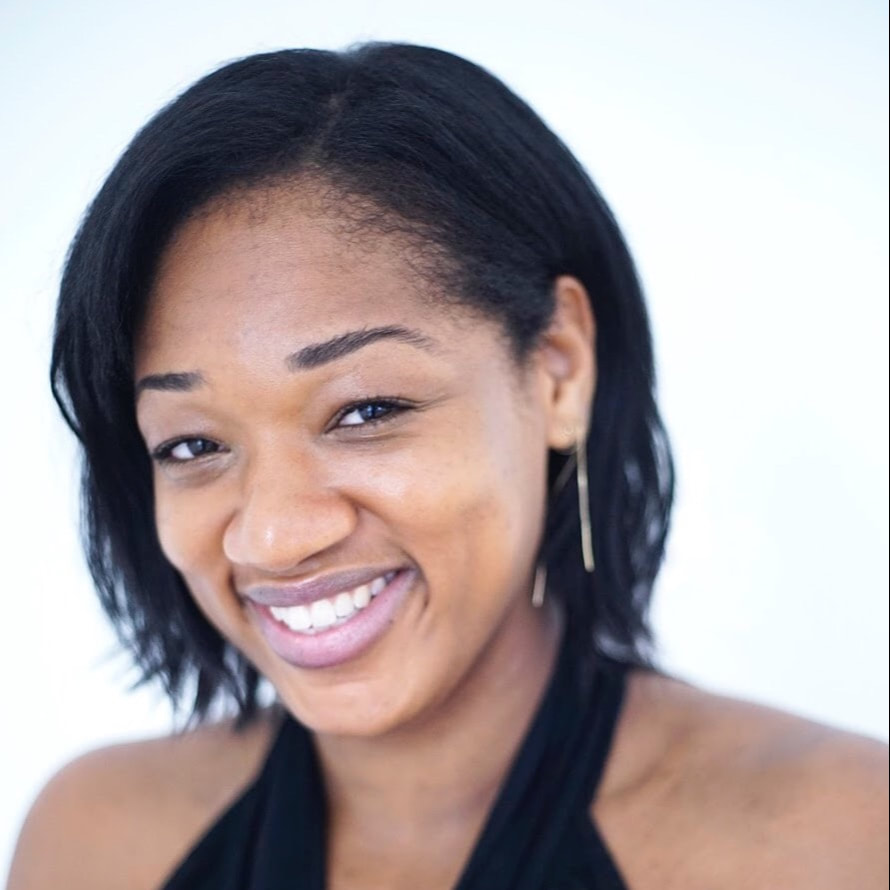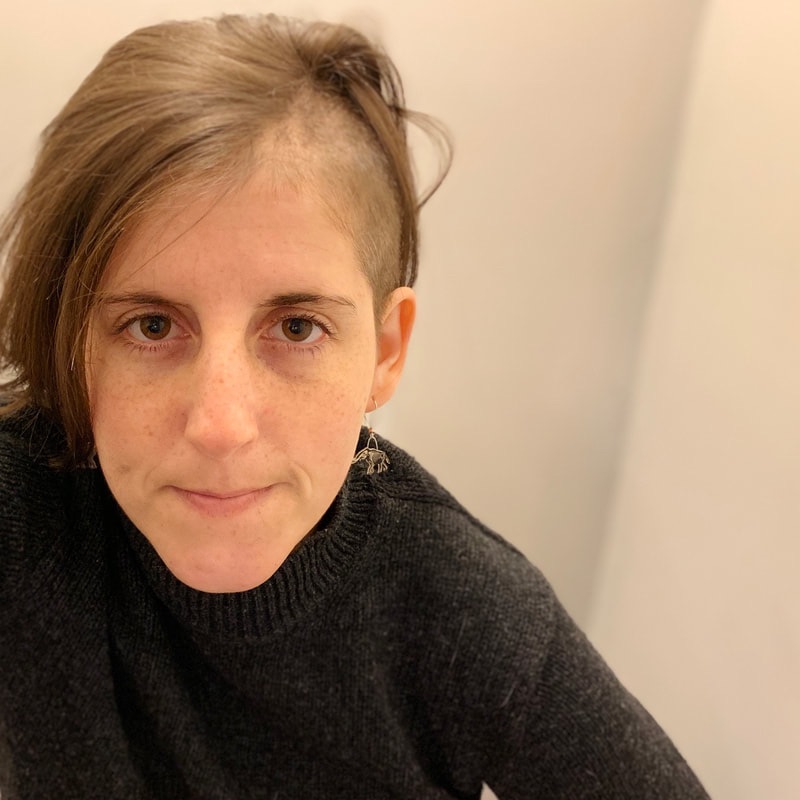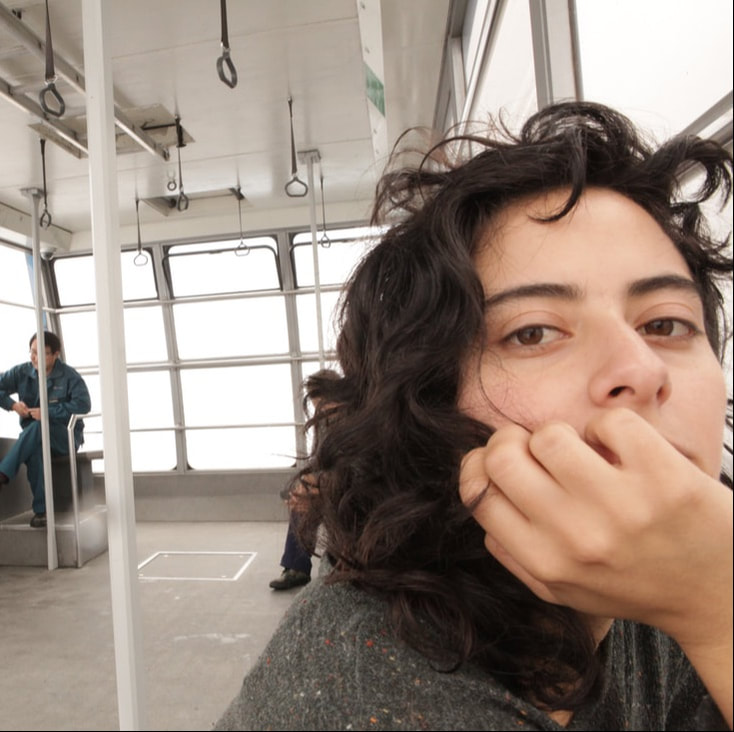IMMERSION 3.0: VR Creation Lab
June 2 - June 22, 2019
Cucalorus, Wilmington, NC
Tuition $1250 *includes food, lodging and technical support for VR production | tuition and travel subsidies available
This summer, The School of Making Thinking will run IMMERSION 3.0, our third iteration of our 360° video creation lab. The IMMERSION 3.0 Residency at Cucalorus will be an opportunity to explore immersion as a part of artistic practice, develop immersive works and become acquainted with the emerging media, build deep relationships in community, and develop methods of organizing creative projects in connection with social justice and peaceful futures.
Building on the belief that meaningful work is born out of a deep sensitivity for the context from which it emerges, we will immerse ourselves on every level. We will be building group rapport through collective experiences and embodied workshops, intimately collaborating on and co-mentoring creative processes, and conducting micro research projects into Wilmington’s present and past in order to deepen the context and content of the pieces produced. By engaging the history of our surroundings, wondering about the standing communities, observing architecture and local lore, acknowledging the original caretakers of the land and local Indigenous communities, and the legacies of cultural production that make Wilmington what it is today, we collectively ask the questions: What layers of historical, cultural, colonial, oppressive, personal and social fabrics map onto our movements in a space? How might we engage these realities actually, and virtually?
The first week of the session will be focused on group and site introductions, as well as developing technical familiarity with the cameras and gear. In the second week, we will create immersive pieces of performance and 360° videos in chosen locations throughout the city. The third week will be devoted to post production of the video pieces created with technical support from ARVR Consultants, culminating in a work-in-progress sharing of videos and any projects intended as a live experience.
We are seeking participants who have capacity to engage in an intensive production schedule, interest in developing skills and familiarity with the emerging media of 360 video and virtual reality, and a desire to work within local communities and contexts. Prior experience with 360° cameras and technology will not be required. Session participants will have access to 360° video capture cameras as well as technical support during the shooting and editing process. Please note that IMMERSION 3.0 does not provide computer workstations, and participants should be prepared to work from their own machine if they have access to one. Pieces created at the residency will have the opportunity to exhibit at the VR Expo at the Cucalorus Film Festival in November 2019. Residents will be encouraged to return to participate as exhibiting artists.
Over the last two years, The School of Making Thinking has led the IMMERSION Lab in partnership with Cucalorus Film Festival and ARVR Consultants. The 360° video pieces that emerged have been tremendous: work born of intensive collective experience, cutting edge technical support, focused idea incubation, and challenging conversations in community.
Building on the belief that meaningful work is born out of a deep sensitivity for the context from which it emerges, we will immerse ourselves on every level. We will be building group rapport through collective experiences and embodied workshops, intimately collaborating on and co-mentoring creative processes, and conducting micro research projects into Wilmington’s present and past in order to deepen the context and content of the pieces produced. By engaging the history of our surroundings, wondering about the standing communities, observing architecture and local lore, acknowledging the original caretakers of the land and local Indigenous communities, and the legacies of cultural production that make Wilmington what it is today, we collectively ask the questions: What layers of historical, cultural, colonial, oppressive, personal and social fabrics map onto our movements in a space? How might we engage these realities actually, and virtually?
The first week of the session will be focused on group and site introductions, as well as developing technical familiarity with the cameras and gear. In the second week, we will create immersive pieces of performance and 360° videos in chosen locations throughout the city. The third week will be devoted to post production of the video pieces created with technical support from ARVR Consultants, culminating in a work-in-progress sharing of videos and any projects intended as a live experience.
We are seeking participants who have capacity to engage in an intensive production schedule, interest in developing skills and familiarity with the emerging media of 360 video and virtual reality, and a desire to work within local communities and contexts. Prior experience with 360° cameras and technology will not be required. Session participants will have access to 360° video capture cameras as well as technical support during the shooting and editing process. Please note that IMMERSION 3.0 does not provide computer workstations, and participants should be prepared to work from their own machine if they have access to one. Pieces created at the residency will have the opportunity to exhibit at the VR Expo at the Cucalorus Film Festival in November 2019. Residents will be encouraged to return to participate as exhibiting artists.
Over the last two years, The School of Making Thinking has led the IMMERSION Lab in partnership with Cucalorus Film Festival and ARVR Consultants. The 360° video pieces that emerged have been tremendous: work born of intensive collective experience, cutting edge technical support, focused idea incubation, and challenging conversations in community.

